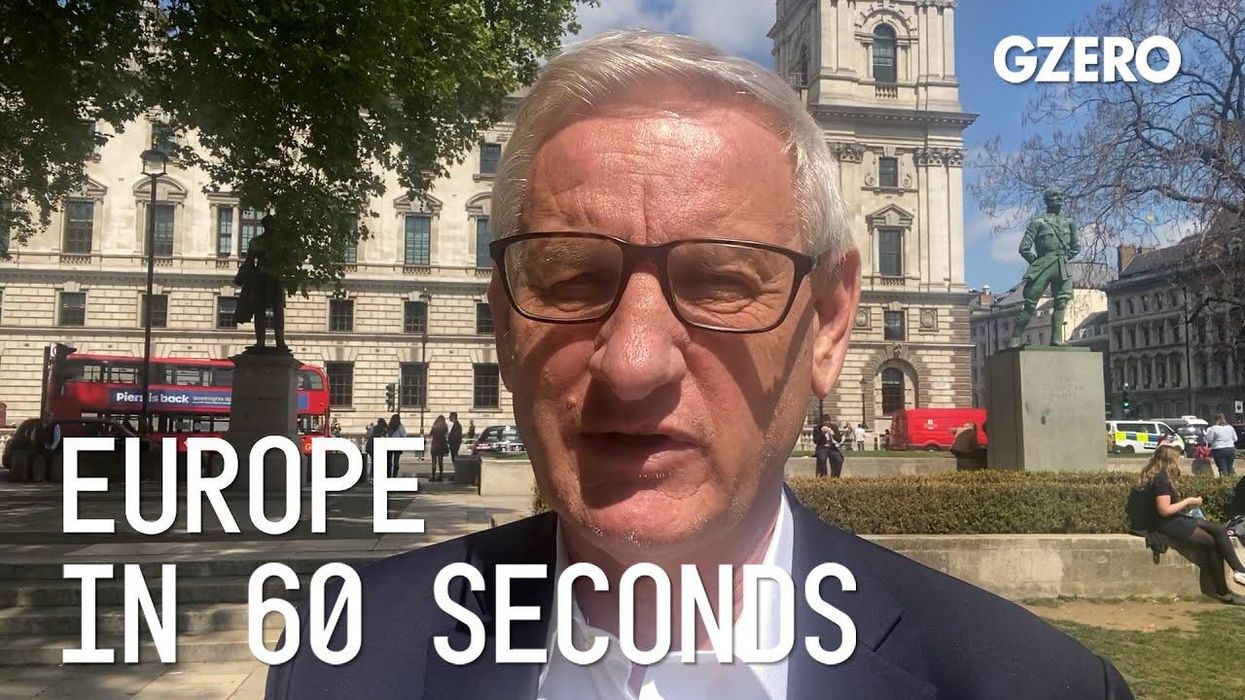GZERO Europe
What does Russia give in exchange for North Korean troops?
What are the global consequences of North Korean soldiers now appearing on the frontlines in Ukraine? What’s the nature of the agreements that German Chancellor Scholz concluded during his recent visit to Delhi? Carl Bildt, former prime minister of Sweden and co-chair of the European Council on Foreign Relations, shares his perspective on European politics from Stockholm, Sweden.
Oct 28, 2024


